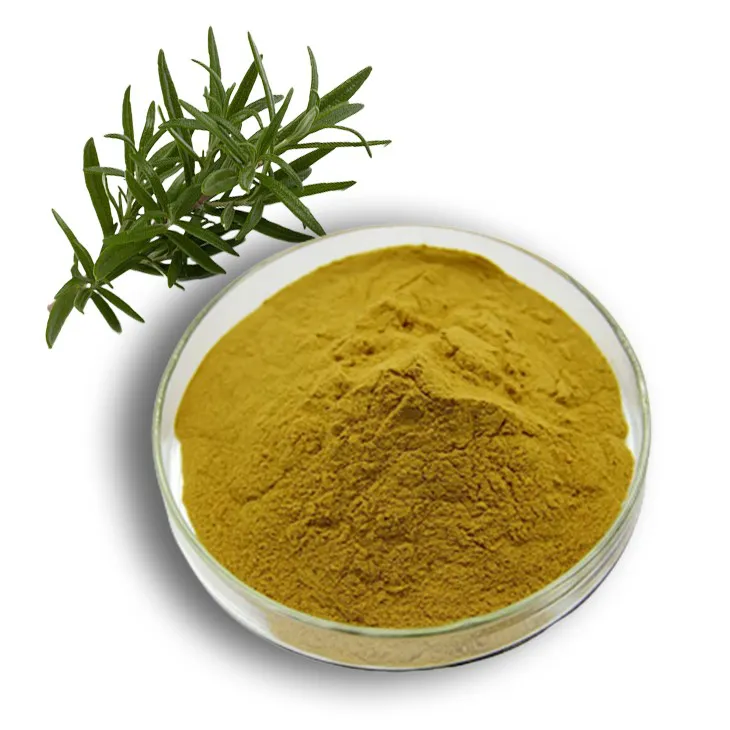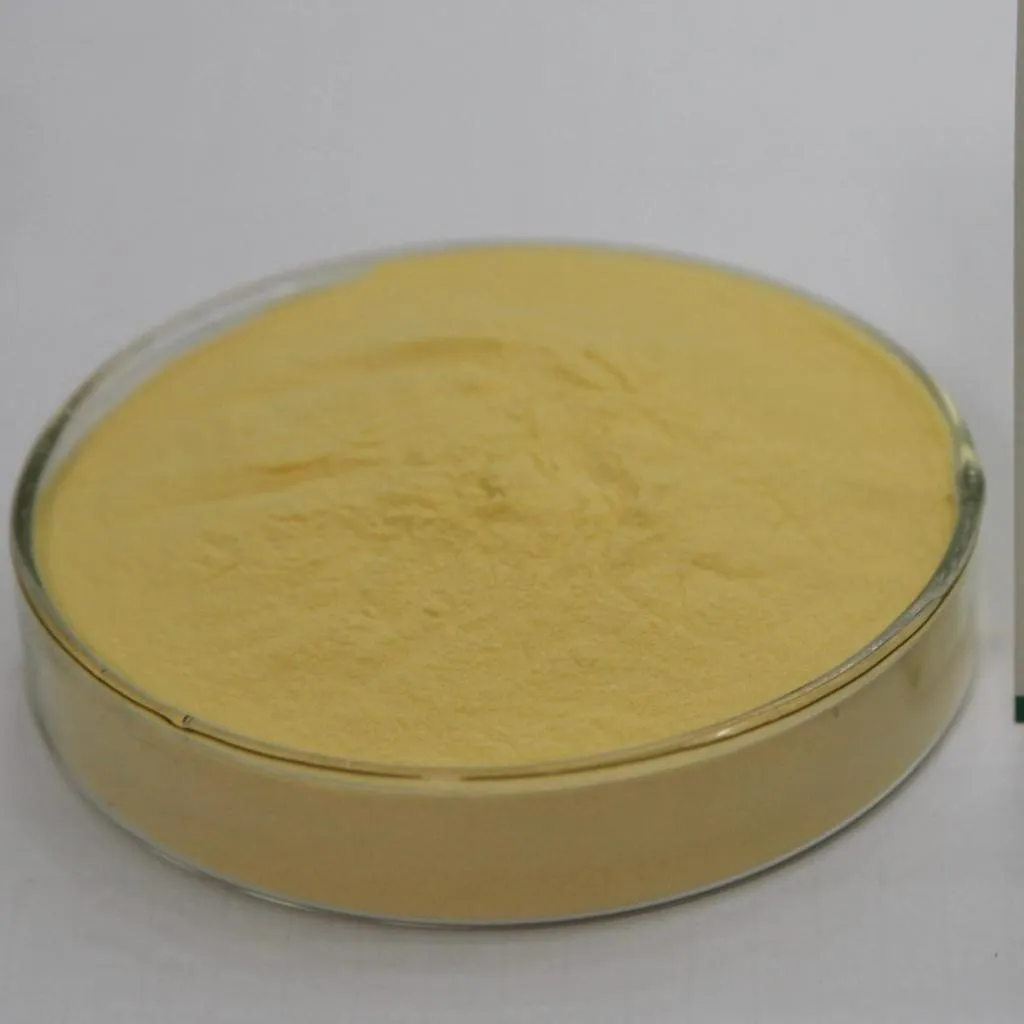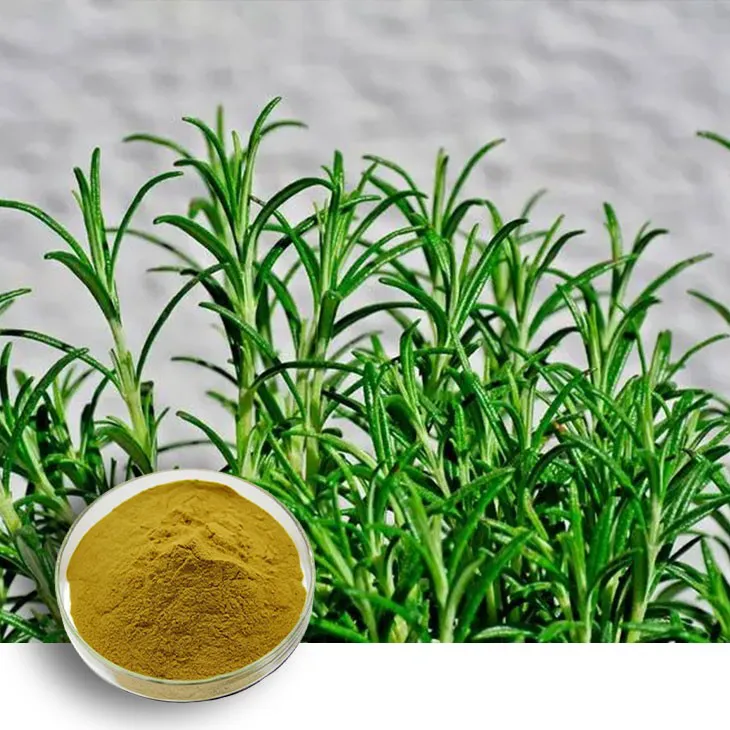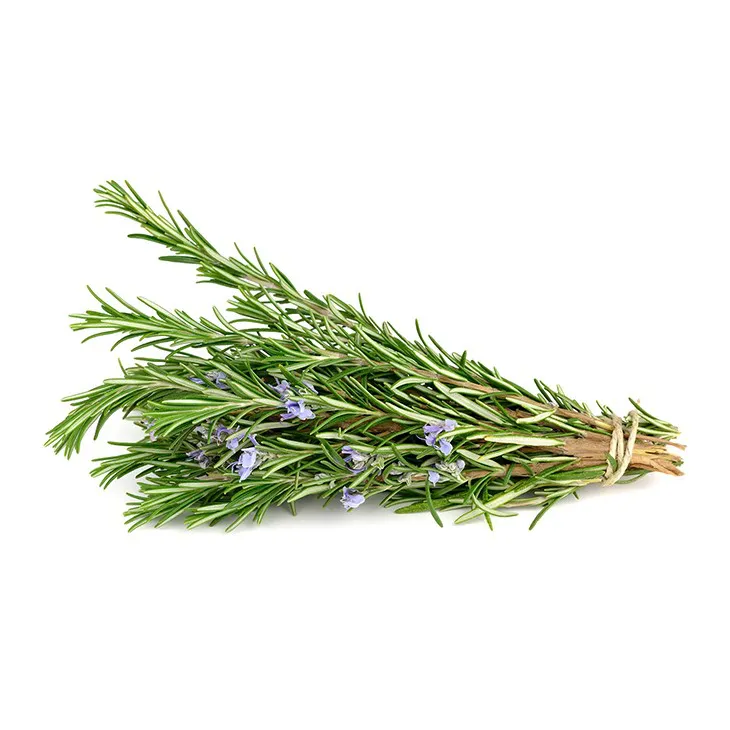- 0086-571-85302990
- sales@greenskybio.com
The Best Types of Rosemary Extract: A Guide to Selecting the Finest Rosemary Extract.
2024-11-12

1. Introduction
Rosemary extract has gained significant popularity in recent years due to its numerous potential benefits in health, food, and beauty applications. However, not all Rosemary extracts are created equal. There are various factors to consider when selecting the best Rosemary extract for your specific needs. This in - depth guide will explore different types of rosemary extract, taking into account their origin, chemical composition, and applications, to help you make an informed decision.

2. Origin of Rosemary Extract
2.1 Geographic Origins
Rosemary is native to the Mediterranean region, and extracts from this area are often considered of high quality. Mediterranean - sourced rosemary has adapted to the region's unique climate, which may contribute to the production of a more potent extract. Countries such as Spain, Italy, and Greece are well - known for their rosemary production. The soil composition, sunlight exposure, and rainfall patterns in these regions play a crucial role in the growth and development of the rosemary plants.
However, rosemary is also grown in other parts of the world, including North America and parts of Asia. In North America, regions with a similar climate to the Mediterranean, such as parts of California, have seen successful rosemary cultivation. While these non - Mediterranean extracts can also be of good quality, they may have slightly different chemical profiles due to differences in environmental factors.
2.2 Organic vs. Conventional
The origin of rosemary extract can also be classified as organic or conventional. Organic rosemary extract is derived from plants that are grown without the use of synthetic pesticides, fertilizers, or genetically modified organisms (GMOs). This type of extract is often preferred by those who are concerned about environmental sustainability and potential chemical residues in their products.
On the other hand, conventional rosemary extract is produced using traditional farming methods that may involve the use of pesticides and fertilizers. While these extracts are generally safe for consumption and use, some consumers may opt for organic alternatives for health or ethical reasons.

3. Chemical Composition of Rosemary Extract
3.1 Active Compounds
Rosemary extract contains a variety of active compounds that are responsible for its beneficial properties. One of the most important compounds is rosmarinic acid. This antioxidant has been shown to have anti - inflammatory, antibacterial, and antiviral properties. It is also thought to play a role in protecting the body against oxidative stress, which is associated with various chronic diseases.
Another key compound in rosemary extract is carnosic acid. Carnosic acid has been studied for its potential to protect the brain from neurodegenerative diseases such as Alzheimer's and Parkinson's. It also has antioxidant and anti - inflammatory effects, making it a valuable component of rosemary extract.
In addition to these acids, rosemary extract contains other compounds such as ursolic acid and oleanolic acid, which also contribute to its overall health - promoting properties. These compounds have been shown to have anti - cancer, anti - diabetic, and anti - obesity effects in some studies.
3.2 Concentration of Active Compounds
The concentration of active compounds in rosemary extract can vary depending on factors such as the variety of rosemary plant, the extraction method used, and the quality of the raw material. Higher - quality rosemary extracts typically have a higher concentration of active compounds.
When selecting a rosemary extract, it is important to look for products that disclose the concentration of key active compounds such as rosmarinic acid and carnosic acid. This information can help you compare different products and ensure that you are getting a high - quality extract.

4. Applications of Rosemary Extract
4.1 Health Applications
Rosemary extract has a wide range of potential health applications. Due to its antioxidant and anti - inflammatory properties, it may be beneficial for reducing the risk of chronic diseases such as heart disease, cancer, and diabetes. It has also been studied for its potential to improve cognitive function, particularly in older adults.
Some studies have suggested that rosemary extract may help to lower blood pressure and cholesterol levels. It may also have a positive impact on digestive health, as it has been shown to have antibacterial properties against certain gut pathogens.
However, it is important to note that while there is evidence to support these potential health benefits, more research is needed to fully understand the mechanisms of action and to determine the optimal dosage for different health conditions.
4.2 Food Applications
In the food industry, rosemary extract is used as a natural preservative. Its antioxidant properties help to prevent the oxidation of fats and oils, which can lead to rancidity. This makes it a popular alternative to synthetic preservatives in products such as meat, poultry, and fish.
Rosemary extract can also be used to enhance the flavor of food. It has a distinct, earthy flavor that can add depth and complexity to dishes. It is often used in Mediterranean - style cooking, but can also be incorporated into a variety of other cuisines.
4.3 Beauty Applications
In the beauty industry, rosemary extract is used in a variety of products, including haircare and skincare. In haircare, it is believed to promote hair growth and improve scalp health. It may also help to prevent dandruff and add shine to the hair.
For skincare, rosemary extract has antioxidant and anti - inflammatory properties that can help to protect the skin against environmental damage and reduce the appearance of inflammation. It is often used in anti - aging products, as it may help to stimulate collagen production and improve skin elasticity.

5. How to Select the Best Rosemary Extract
5.1 Quality Standards
When selecting a rosemary extract, it is important to look for products that meet high - quality standards. Look for extracts that are produced in a GMP (Good Manufacturing Practice) - compliant facility. This ensures that the product is manufactured under strict quality control conditions.
Also, check for third - party certifications such as ISO (International Organization for Standardization) or Organic certifications. These certifications can provide additional assurance of the product's quality and authenticity.
5.2 Product Labeling
The product labeling should provide clear information about the origin, chemical composition, and applications of the rosemary extract. Look for products that disclose the concentration of key active compounds, as well as any potential allergens or additives.
If the product is intended for a specific application, such as health or beauty, make sure that the label provides relevant usage instructions and warnings.
5.3 Price vs. Quality
While price can be an important factor when selecting a rosemary extract, it should not be the sole consideration. Higher - priced extracts may not always be of better quality, and vice versa. It is important to balance price and quality by considering factors such as the origin, chemical composition, and certifications of the product.
6. Conclusion
Selecting the best rosemary extract requires careful consideration of its origin, chemical composition, and applications. By understanding these factors and following the guidelines outlined in this guide, you can make an informed decision when choosing a rosemary extract for health, food, or beauty purposes. Whether you are looking for a natural preservative for your food, a supplement to support your health, or an ingredient for your beauty products, there is a rosemary extract out there that can meet your needs.
FAQ:
What are the main types of rosemary extract?
There are mainly two types of rosemary extract. One is the antioxidant - rich extract, which contains compounds like carnosic acid and carnosol. Another type is the essential oil extract, which has a characteristic aroma and contains various volatile compounds. These different types are often used in different applications depending on their properties.
How does the origin of rosemary affect the quality of its extract?
The origin of rosemary can have a significant impact on the quality of its extract. Rosemary grown in different regions may be exposed to different environmental conditions such as soil type, climate, and altitude. For example, rosemary from regions with well - drained, nutrient - rich soil and a suitable climate may produce a more potent extract. The origin can also affect the chemical composition of the plant, which in turn determines the quality and effectiveness of the extract.
What should I consider when choosing rosemary extract for health purposes?
When choosing rosemary extract for health purposes, you should first consider its chemical composition. Look for extracts high in antioxidants like carnosic acid and carnosol, as these have been associated with various health benefits such as anti - inflammatory and antioxidant effects. You should also consider the purity of the extract and whether it has been tested for safety and efficacy. Additionally, the method of extraction can also impact its quality, so choose an extract that has been obtained through a reliable and clean extraction process.
How is rosemary extract used in the food industry?
In the food industry, rosemary extract is used mainly as a natural preservative. Its antioxidant properties help to prevent the oxidation of fats and oils in food products, thereby extending their shelf life. It can also be used as a flavoring agent, adding a unique herbal and slightly spicy flavor to various dishes, such as roasted meats, soups, and baked goods.
What role does rosemary extract play in the beauty industry?
In the beauty industry, rosemary extract is highly valued for its antioxidant and anti - inflammatory properties. It is often used in skincare products like creams, lotions, and serums. It can help to protect the skin from environmental damage, reduce inflammation, and may even have some anti - aging effects. In haircare products, it can stimulate hair growth, improve scalp health, and add shine to the hair.
Related literature
- The Chemical Composition and Bioactivity of Rosemary Extract"
- "Rosemary Extract: Applications in Food Preservation"
- "Beneficial Effects of Rosemary Extract on Skin Health"
- ▶ Hesperidin
- ▶ citrus bioflavonoids
- ▶ plant extract
- ▶ lycopene
- ▶ Diosmin
- ▶ Grape seed extract
- ▶ Sea buckthorn Juice Powder
- ▶ Beetroot powder
- ▶ Hops Extract
- ▶ Artichoke Extract
- ▶ Reishi mushroom extract
- ▶ Astaxanthin
- ▶ Green Tea Extract
- ▶ Curcumin Extract
- ▶ Horse Chestnut Extract
- ▶ Other Problems
- ▶ Boswellia Serrata Extract
- ▶ Resveratrol Extract
- ▶ Marigold Extract
- ▶ Grape Leaf Extract
- ▶ blog3
- ▶ blog4
- ▶ blog5
-
Organic Tongkat Ali extract powder factory.
2024-11-12
-
How to make powder with ashwagandha extract.
2024-11-12
-
Rosehip extract manufacturers from China.
2024-11-12
-
The best cat's claw extract in nature.
2024-11-12
-
Chinese Dandelion Leaf Extract Suppliers.
2024-11-12
-
Rosemary extract
2024-11-12
-
American Ginseng Root Extract
2024-11-12
-
Apricot Powder
2024-11-12
-
Buckthorn bark extract
2024-11-12
-
Kupilu Extract
2024-11-12
-
Tongkat Ali Extract Powder
2024-11-12
-
Grape Seed Extract
2024-11-12
-
Red Wine Extract
2024-11-12
-
Sea buckthorn Juice Powder
2024-11-12
-
Acerola Extract
2024-11-12




















